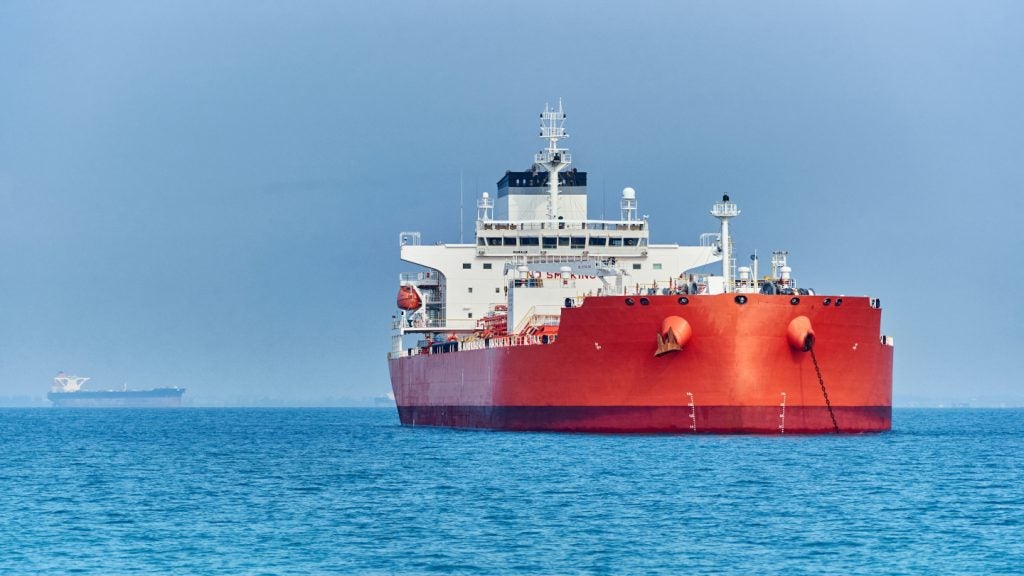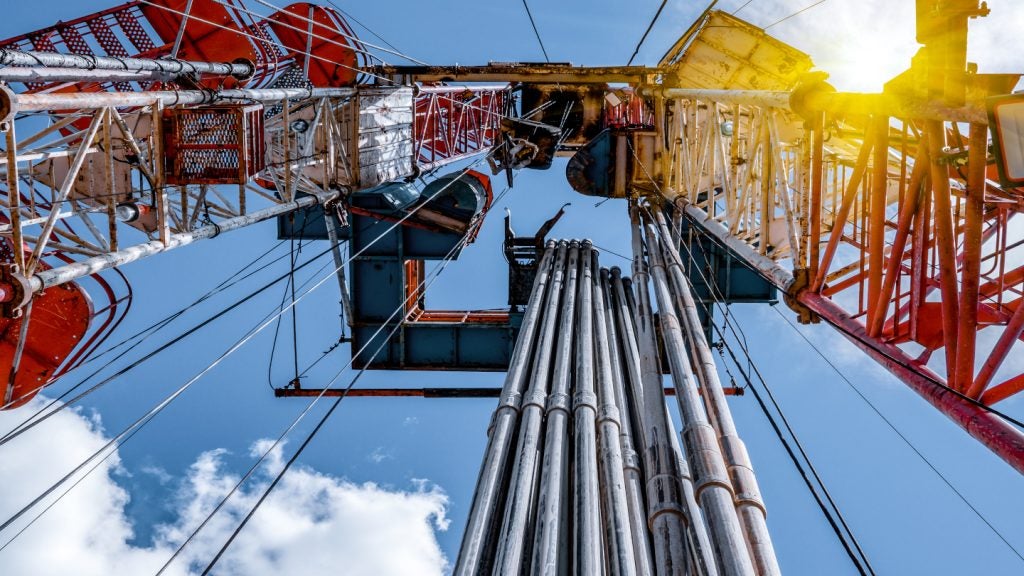The Finnish Border Guard reported that Russia's oil shipments through the Baltic Sea declined by around 10% in the last four months of 2024.
The drop reflects the effects of EU sanctions on Russian oil and gas exports introduced in June, reported Reuters.
Baltic Sea nations are on high alert following disruptions to power cables, telecom links and gas pipelines since Russia's invasion of Ukraine in 2022, with some incidents linked to tanker movements.
Finland's Coast Guard is closely monitoring the 'shadow fleet' tankers that Russia utilises to transport oil through the Gulf of Finland.
Finnish Border Guard head of maritime safety Mikko Hirvi stated that these vessels are often old and poorly maintained, posing a risk of oil spills and environmental damage to the sensitive Baltic Sea ecosystem.
Hirvi said: “In the last four or five months of last year, we saw a roughly 10% decline in the amount of oil leaving from Russia,” comparing the average from the past two years, during which 70–80 tankers transported oil from Russian ports each week through the Baltic Sea.
The sanctions can also led to the potential removal of shadow fleet tankers from service.
Hirvi added: “That is of course very good, but on the other hand, older vessels have been added to the traffic on the Baltic Sea at the same time. The vessels in operation are in worse condition than before.”
In October, the Finnish Coast Guard reported disturbances to satellite navigation signals in the Baltic Sea, with some tankers altering their location data to obscure their movements.
The compromised navigation signals resulted in vessels becoming disoriented and drifting perilously close to islands or shallow waters.
On 30 December 2024, the Coast Guard intervened to secure an oil tanker en route to the Russian port of Primorsk due to engine failure. Similarly, Germany responded to another tanker adrift off its Baltic coast on 10 January 2025.















